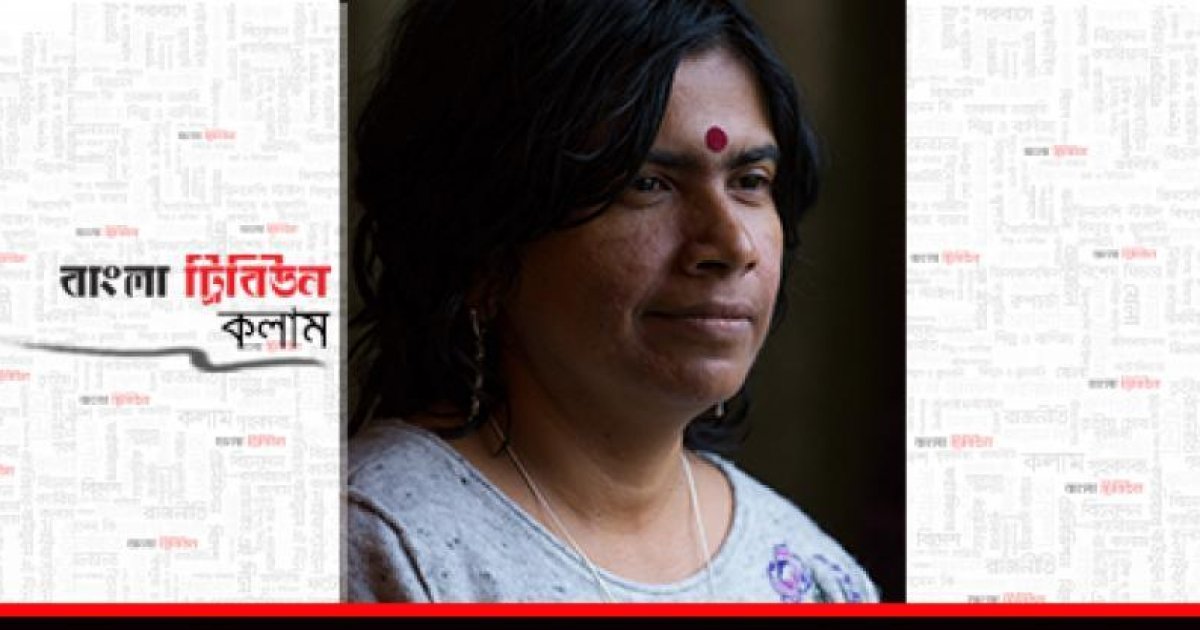Telegram Founder Alleges French Role in Moldova Vote Censorship
The post Telegram Founder Alleges French Role in Moldova Vote Censorship appeared on BitcoinEthereumNews.com. In brief Telegram founder Pavel Durov said French intelligence sought the removal of opposition channels ahead of Moldova’s 2024 election. His allegations come as Moldova’s pro-European party leads in a new parliamentary vote marked by claims of Russian interference. The dispute underscores rising state pressure on digital privacy platforms, from messaging apps to crypto networks. Telegram founder Pavel Durov has accused French intelligence of previously exploiting his legal troubles to censor opposition voices in Moldova’s presidential elections last year, pointing to a broader action by governments on digital privacy. In a Sunday statement posted to Telegram and X, Durov said French intelligence had contacted him through an intermediary while he was being detailed in Paris roughly a year ago, requesting that he remove specific Telegram channels ahead of Moldova’s presidential elections in 2024. Durov said that after Telegram removed channels violating its rules, an intermediary informed him that French intelligence would favorably address the judge overseeing his August arrest if he cooperated. His allegations come as Moldova’s pro-European Party of Action and Solidarity, backed by President Maia Sandu, holds a commanding lead amid a fresh election that will decide the future of the country’s parliament, with over 50% of votes counted as of Sunday. Both elections have been marked by claims of Russian meddling, with Sandu warning Sunday that Russia had “massively interfered” in its democratic process, according to an Al Jazeera report. Pro-Russian opposition leader Igor Dodon, meanwhile, has called for protests outside parliament, with reported plans to annul the vote. In his post on Sunday, Durov further alleged that authorities later provided a second list of channels last year that were not “legitimate and fully compliant with our rules,” whose only commonality was voicing “political positions disliked by the French and Moldovan governments.” “We refused to act…

The post Telegram Founder Alleges French Role in Moldova Vote Censorship appeared on BitcoinEthereumNews.com.
In brief Telegram founder Pavel Durov said French intelligence sought the removal of opposition channels ahead of Moldova’s 2024 election. His allegations come as Moldova’s pro-European party leads in a new parliamentary vote marked by claims of Russian interference. The dispute underscores rising state pressure on digital privacy platforms, from messaging apps to crypto networks. Telegram founder Pavel Durov has accused French intelligence of previously exploiting his legal troubles to censor opposition voices in Moldova’s presidential elections last year, pointing to a broader action by governments on digital privacy. In a Sunday statement posted to Telegram and X, Durov said French intelligence had contacted him through an intermediary while he was being detailed in Paris roughly a year ago, requesting that he remove specific Telegram channels ahead of Moldova’s presidential elections in 2024. Durov said that after Telegram removed channels violating its rules, an intermediary informed him that French intelligence would favorably address the judge overseeing his August arrest if he cooperated. His allegations come as Moldova’s pro-European Party of Action and Solidarity, backed by President Maia Sandu, holds a commanding lead amid a fresh election that will decide the future of the country’s parliament, with over 50% of votes counted as of Sunday. Both elections have been marked by claims of Russian meddling, with Sandu warning Sunday that Russia had “massively interfered” in its democratic process, according to an Al Jazeera report. Pro-Russian opposition leader Igor Dodon, meanwhile, has called for protests outside parliament, with reported plans to annul the vote. In his post on Sunday, Durov further alleged that authorities later provided a second list of channels last year that were not “legitimate and fully compliant with our rules,” whose only commonality was voicing “political positions disliked by the French and Moldovan governments.” “We refused to act…
What's Your Reaction?








































